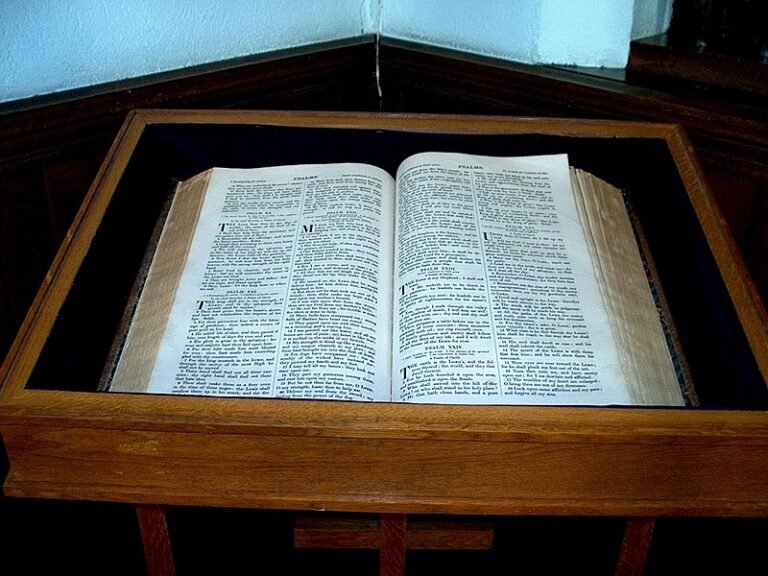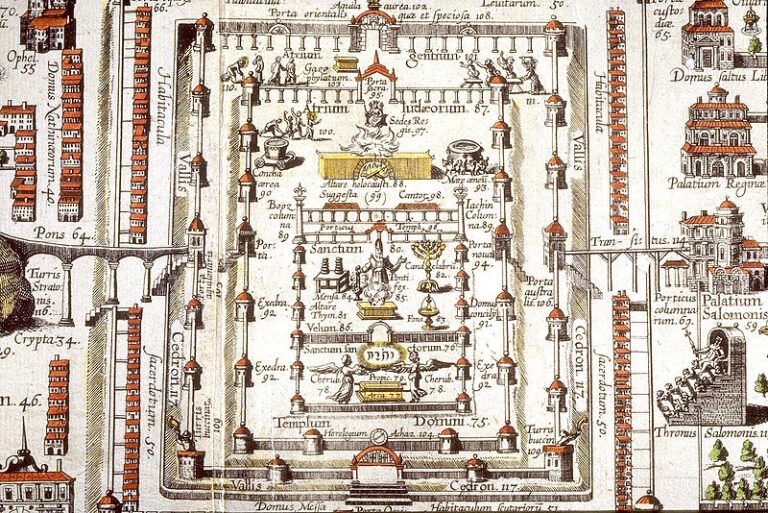THE GOD OF AGNOSTICS: BOOK OF JOB
How you can know God when you give up knowing – 5 min. read

My first church suffered a lot of dissonance when it came to Job. No wonder: my first church was rather fundamentalist, literalist, and preaching some sort of prosperity gospel: the doctrine of blessing and health for the faithful, in which all of our struggles, illnesses and other calamities were coming from a lack of faith, lack of understanding, sin, or a combination of all the above. A perfect Christian would enjoy a perfect life, and hey, they had Bible verses to prove that!
The story of Job clearly doesn’t fit that view. I only wish it didn’t fit it even more clearly, because my first church was still able to find a way to blame Job, or explain that what happened to him cannot happen to us.
For example take this: at 3:25, Job says: ‘What I feared has come upon me; what I dreaded has happened to me’. You see, Job was almost blameless, but he feared. Fear is sin, fear means he didn’t have perfect faith in God’s love and provision. Ha, we’ve got you Job, it’s all your fault!
Job’s friends quickly jumped to the same mode: using their theology to blame Job for what happened to him. Otherwise God would turn out to be unjust, and men like them, wise and pious, could not accept such an outcome. In their minds, they were defending the Almighty.
Their inconclusive debate takes almost 40 chapters, the core of the book. Once his children are dead, wealth and health gone, Job decides to argue: God brought the suffering on him for no apparent reason. He’s not at fault and he demands a fair trial, he wants to dispute his case at the court of the Highest.
30:21 ‘You turn on me ruthlessly;
with the might of your hand you attack me’. (NIV)
9:22-23 ‘He destroys both the blameless and the wicked. When a scourge brings sudden death, he mocks the despair of the innocent’ (NIV)
23:3-5 ‘If only I knew where to find him; if only I could go to his dwelling! I would state my case before him and fill my mouth with arguments. I would find out what he would answer me, and consider what he would say to me’. (NIV)
‘I would consider what he’d say’! Good one! God is either unjust or at least governs the world unjustly, but let’s hear what he’d say!
The wise boys are bothered: their worldview is in danger, their wisdom confronted with reality. Even though they showed up to be with Job in his pain, they can only stand so much. They won’t just shut up, they have to defend what is dearest to them: ‘Listen, Job, let’s face it: you must’ve sucked at something, and now you’re only making it worse for yourself’.
4:7–8 Who, being innocent, has ever perished?
Where were the upright ever destroyed?
As I have observed, those who plow evil
and those who sow trouble reap it. (NIV)
And so it goes for most of the book. As the argument develops, both sides get more agitated and their claims become more clear-cut and radical.
It would’ve gone on forever, but by the end, at last, God Himself appears!
Finally. He puts an end to the quarrel, decides who was right and who was wrong, explains how and why Job was afflicted by all the misfortune, and if you take it metaphorically, He answers the age-old question about the source and sense of suffering.
Or wait, does He?
No, no straight answers for anyone, sorry. Instead of answering, God asks a long series of 77 questions pointing at the complexity of the world and limitations of human understanding. Some things are just not meant to be figured out.
‘Ok, ok, I’ll shut up now then’, goes Job in 40:3-5.
God keeps on going about the same, like that reaction wasn’t yet enough for Him.
‘Aaaaalright. I take back what I’ve said’ – finally says Job in 42:1-6 – ‘So far I only have heard of you, and now I get to see you’.
Once he stops talking, once he stops thinking and trying to grasp, Job sees. Job experiences God beyond philosophy, theology, rationalism.
Look, sometimes you don’t have to know everything to know even more. Pause here for a second. That’s big.
And then comes the fun part:
God punishes His three defenders, the theologians, the outspoken ‘friends’ of Job.
42:7 7 ‘I am angry with you (…) because you have not spoken the truth about me, as my servant Job has’. (NIV)
What? Job first gets rebuked and now we learn that he ‘spoke the truth’?
Like when he claimed God was violent and unjust towards him?
Ehrm? It doesn’t make much sense, does it?
Apparently the Hebrew word translated as ‘the truth’ or alternatively ‘what is right’, can as well mean ‘straightforward’ or ‘honest’.
If we translate it as such, we get something to the point of ‘You haven’t spoken about me honestly, like Job has’.
Here we meet God, who values openness when addressing him – even if done angrily and burdened with misunderstanding, we meet God, who values our struggle with tough questions over blind faith and theological certainty.
God of everything and everyone, including frustrated agnostics.
I mean, that’s nice, no?
Amen?
post inspired by and taking from:
Gregory A. Boyd, ‘Benefit of the Doubt: Breaking the Idol of Certainty’
Marcin Majewski, https://www.youtube.com/watch?v=RsfMOw4RlZo


